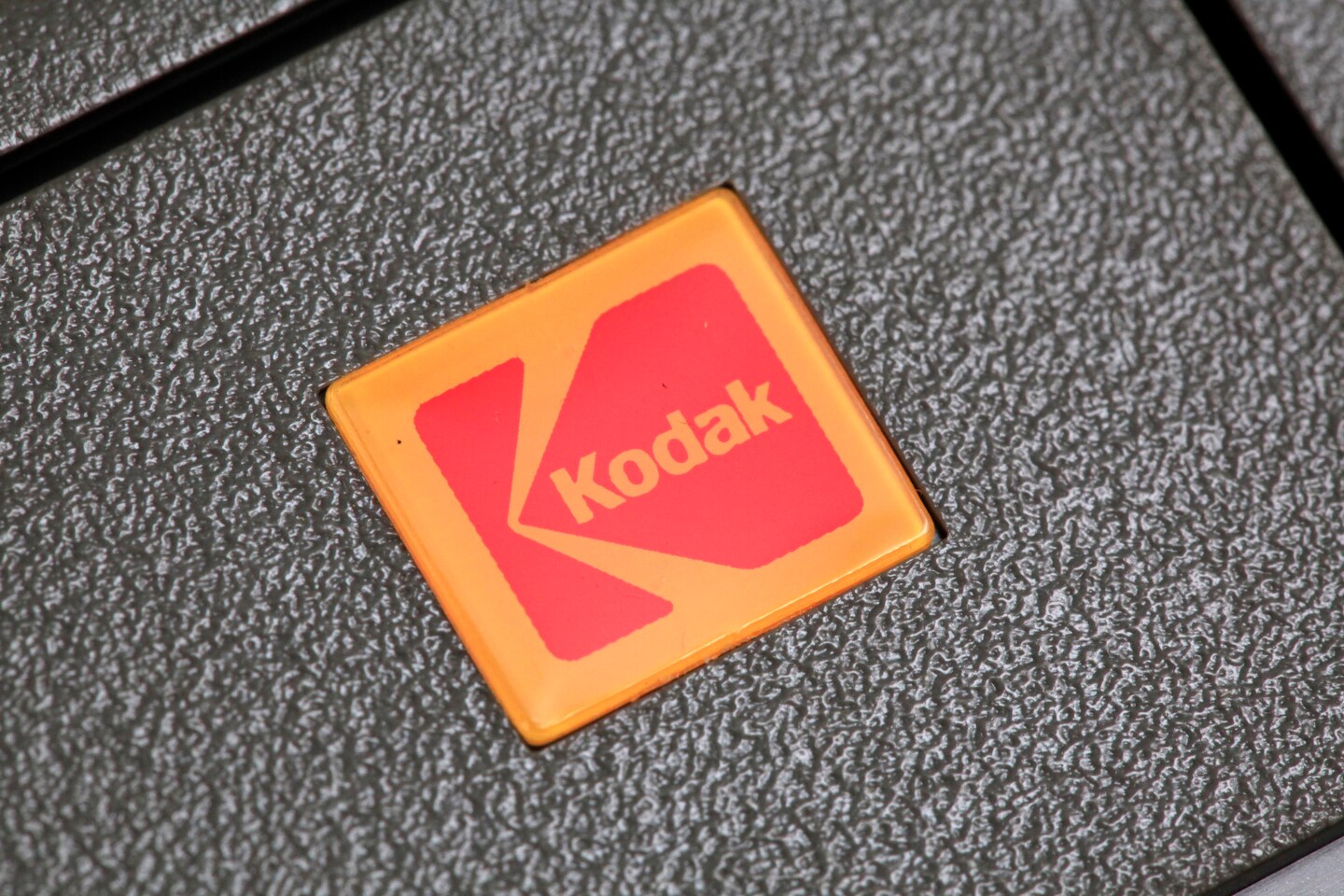Warren says SEC should investigate potential insider trading at Eastman Kodak

Warren also noted that shortly before the announcement, James Continenza, Kodak’s executive chairman, purchased about 46,700 shares. The purchase “while the company was involved in secret negotiations with the government over a lucrative contract raises questions about whether these executives potentially made investment decisions based on material, non-public information derived from their positions,” Warren said.
Continenza has regularly purchased Kodak shares since joining the company in 2013 and hasn’t sold a single share, Kodak said.
The SEC declined to comment on Warren’s letter and the Journal report of an investigation.
Kodak said in a statement that it intends to fully cooperate with any inquiries.
“I think that Sen. Warren is quite right to say there should be an investigation,” although “it’s not self-evident that there’s been a violation,” said John C. Coffee, a professor and securities law expert at Columbia Law School. “We really want an investigation that tells us what happened,” he said. “We should get the facts straight.”
Reports that the news may have leaked out early through local Rochester media could provide a reasonable explanation for the spike in trading July 27, Coffee said, although that doesn’t exclude the possibility that insiders may have leaked the information early by other means, he added.
“Sometimes information leaks out from multiple leaks,” he said. And if Rochester media did publish the news before Kodak intended, that would have obligated Kodak to disclose the information more broadly before the start of trading the next day, Coffee said.
The Wall Street Journal reported news of the story, with confirmation from Kodak, in the early morning hours of July 28.
Kodak’s internal communications team didn’t intend for the news to be published by any news outlets before the official announcement, said Arielle Patrick of Edelman, an outside communications firm the company hired after the loan announcement.
Kodak, based in Rochester, N.Y., and best known for its iconic cameras, has been struggling to reinvent itself for years as its customers switched to digital photography and then smartphone cameras. After filing for bankruptcy in 2012, Kodak focused its business on selling printing machines and specialty film for motion pictures and other industries.
And in recent years, Kodak has made chemicals known as key starting materials for a few pharmaceutical companies upon request. The company has a long history producing chemicals, which it has used to make film.
Kodak has said the loan from the U.S. International Development Finance Corp. would help it start a new business unit, Kodak Pharmaceuticals. The loan agreement has not been finalized.
“Kodak has more than 100 years of experience in chemicals,” the company said in a statement, adding that Kodak Pharmaceuticals “would produce critical pharmaceutical components that have been identified as essential but have lapsed into chronic national shortage.”






